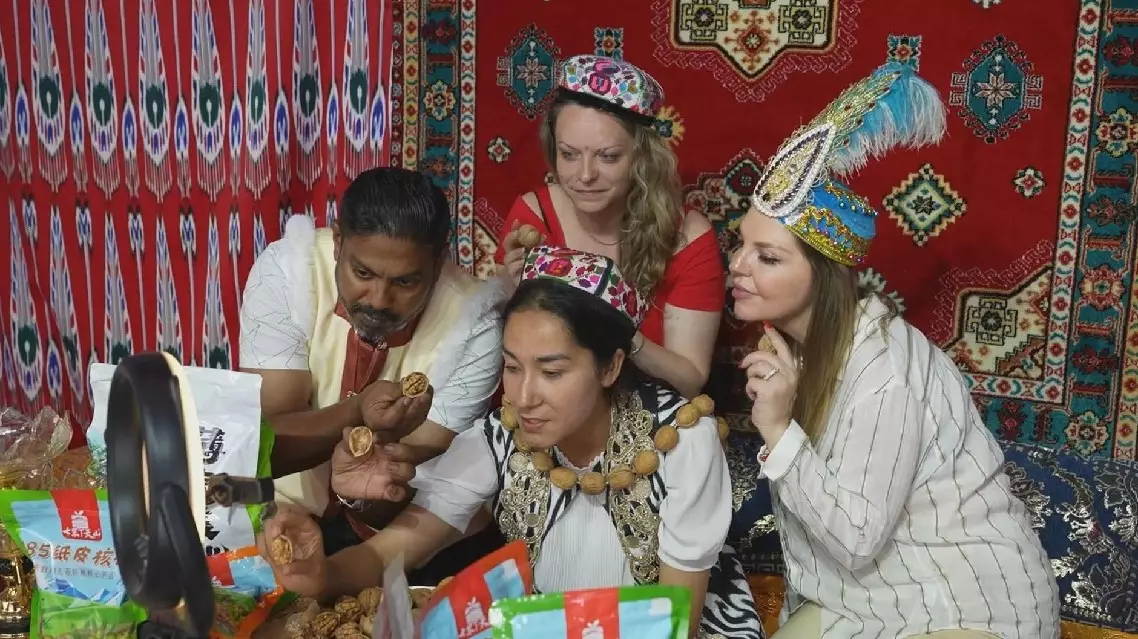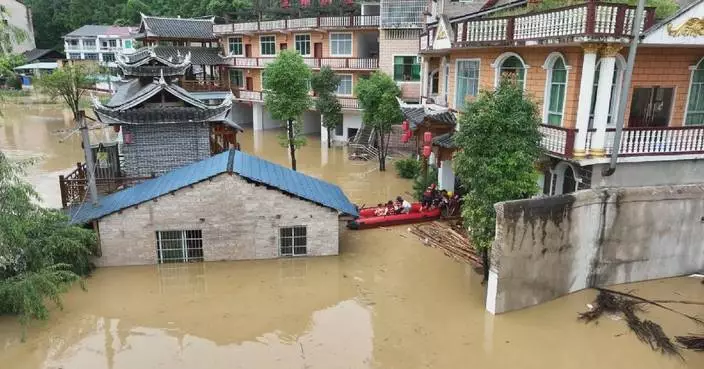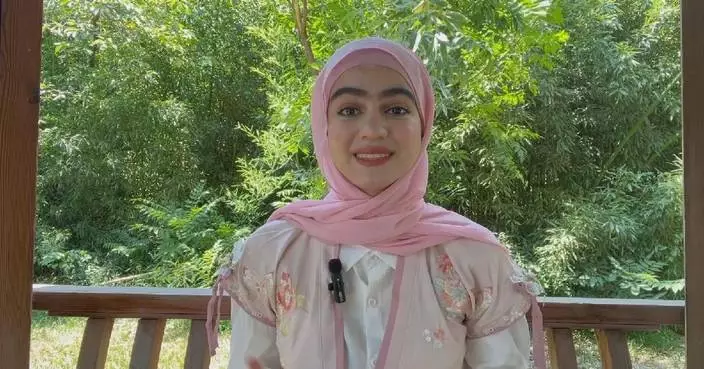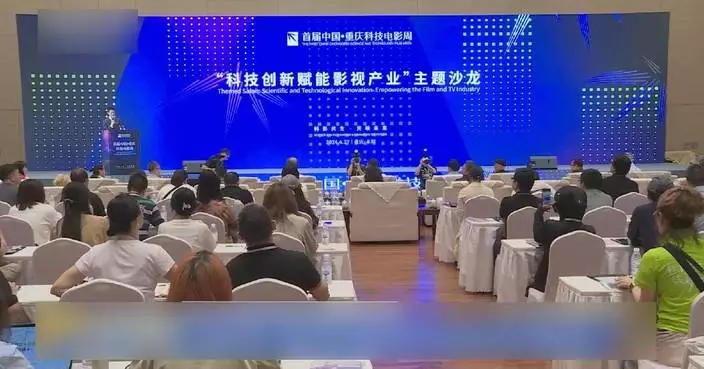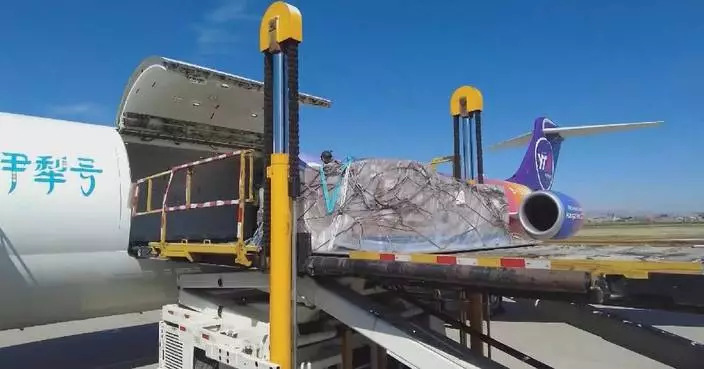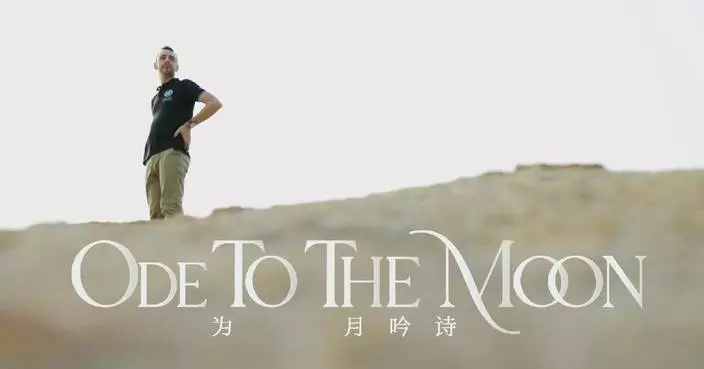A number of young Iranian voters have been actively voicing their demands ahead of Friday's presidential election despite predictions of a low voter turnout due to candidates' failure to connect with the younger demographic.
Iran's 14th presidential election, initially slated for 2025, was rescheduled following the tragic death of the late President Ebrahim Raisi in a helicopter crash in the country's mountainous northwestern region last month.
The younger age bracket of voters in Iran constitutes nearly one-third of the country's 61 million eligible voters. They hold substantial sway in shaping the upcoming election and their collective influence could significantly impact the electoral outcome.
"I hope the next president continues along the path of President Raisi, and doesn't go back to the ways of former presidents who made many compromises with the West. I don't want to go back to the time when our president did not believe in resisting the West. I want the new president to take us to the highest level of civilization, where Islam rises with our efforts," Morteza Taghavi, a resident in the capital Tehran, told China Global Television Network (CGTN).
Shirin Hashemi, another Iranian citizen, emphasized the need for cultivating a more positive atmosphere across society.
"We need cultural change, open access to the internet. We like to have freedom. As an Islamic country, we like to have freedom. A person who wants to wear the hijab can wear it, but don't force the hijab, because it distances people from Islam. Other countries will form a bad image of us. We need a positive atmosphere," she said.
With the election date nearing, many believe there is a pressing need to re-engage Iran's youth politically, and despite all eligible presidential candidates acknowledging the significance of the younger generation, none have effectively addressed their concerns.
Dr. Taghi Azadarmaki, an Iranian sociologist and advocate for the sole reformist candidate Masoud Pezeshkian, expressed concern over the level of disconnect between the politicians and the younger demographic in Iran, who he said are more concerned with their own set of priorities.
"They want to go out, to have a job, to have respect, to have a family. That's it. Nothing more than that. Somehow if they could find it, later on they would ask for democracy, freedom. Now they are not going to think about democracy. Even Dr. Pezeshkian could not raise a main point to ask people, listen, and then have a social mobilization to give them both," said Azadarmaki.
In recent years, voter turnout has steadily declined, hitting an all-time low of 41 percent in the legislative elections last March, highlighting the considerable disengagement from young people and politics.
"Youth people, now, they are absent. They are not in the streets, not in the city even, and you cannot see them in politics. They are working their own life. Most of them they are going to get experience, knowledge and capitals to do something in and go out," Azadarmaki observed.
Iran had earlier announced the names of six qualified candidates for the upcoming presidential election, but as the crunch date on Friday approaches, some have started to drop out of the running.
Tehran mayor Alireza Zakani pulled out of the presidential race on Thursday, becoming the second nominee to announce his withdrawal after current Vice President Amir-Hossein Ghazizadeh Hashemi withdrew the previous day.
Ghazizadeh Hashemi said he had quit in order to uphold unity within Iran's conservative ranks and in response to calls from influential factions to bolster the revolutionary forces' front. He expressed hope that the other principle candidates in the race, namely Mohammad Baqer Qalibaf, speaker of the Iranian Parliament, and Saeed Jalili, the former chief nuclear negotiator, would reach a consensus before the election.
In addition to former Iranian health minister and reformist Pezeshkian, the other remaining candidate is Mostafa Pourmohammadi, a former minister of the interior.
As election day looms, the challenge persists for candidates to bridge the gap and inspire broader participation among Iran's youth on polling day, with their views seen as pivotal in shaping the nation's future trajectory.
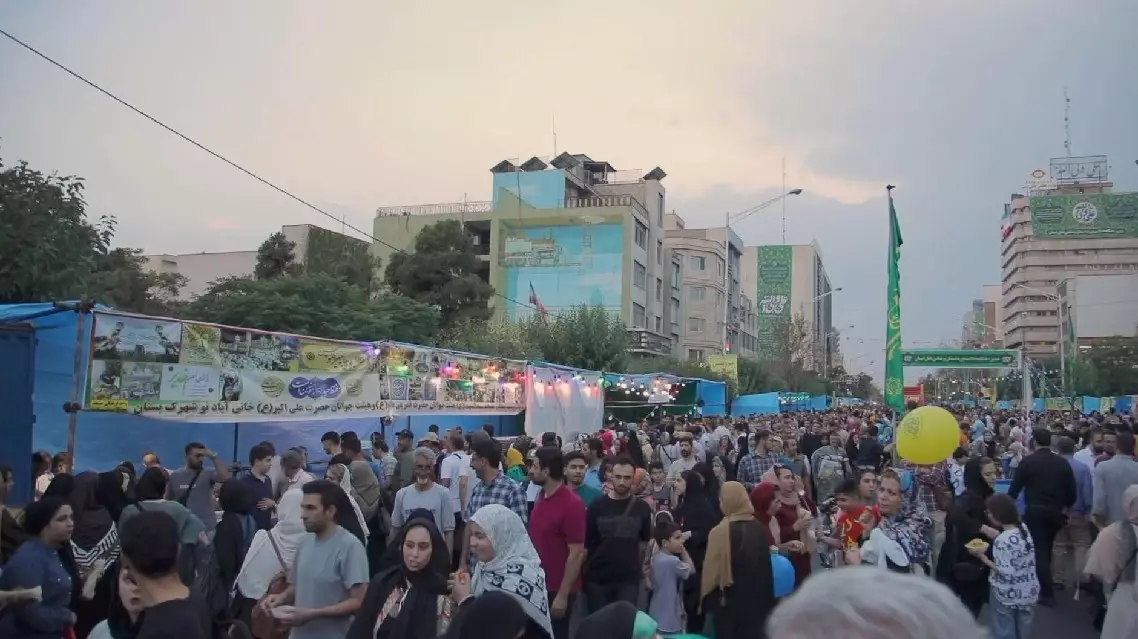
Iranian youths voice demands as presidential election looms amid low turnout fears


